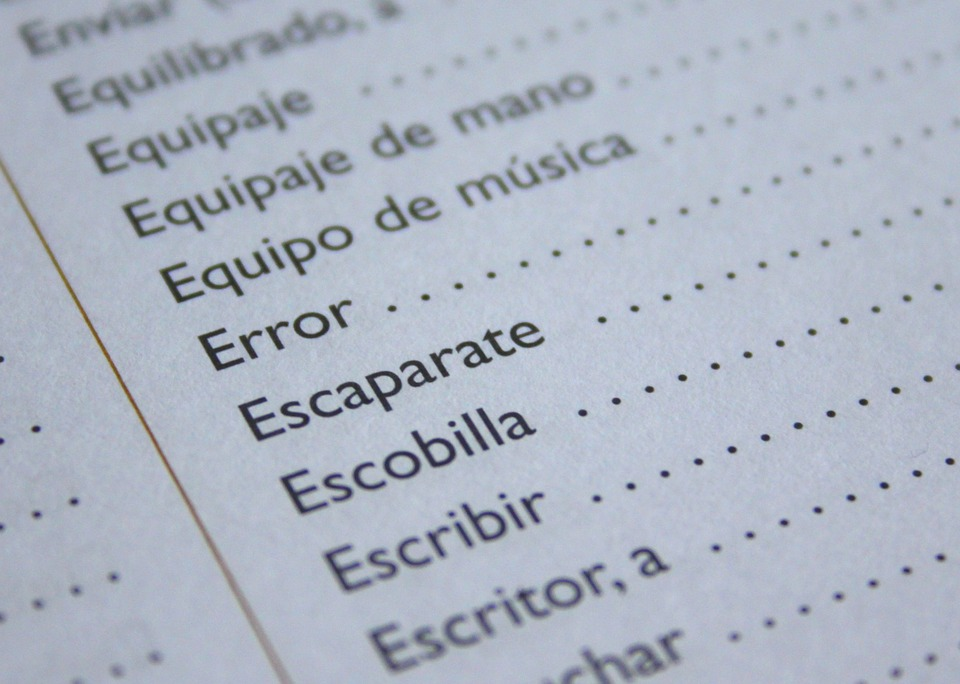One of the best ways to explore another culture is to learn its language. By doing this, you will get to dive into the music and literature of a particular nation and really get to know them. Something like this will open your views and create a greater understanding of the rest of the world.
There are more than 6,000 languages, and to master any of them, you will have to invest a lot of time and energy for that to happen. However, don’t let that scare you. Yes, you will have to devote a significant effort for a long period if you want to speak any language with ease. Let’s take a look at how many hours of studying a day are enough to be able to express yourself in a language that’s not your native.

What Do Statistics Show?
The studies show that people below the age of 18 are more likely to achieve native-like fluency than those who start later in life. However, that doesn’t mean adults will not be able to get there; it’s just going to be a bit harder. Also, learning another language will be less problematic for those who are bilingual. Not only that, but the Swedish study came out with the finding that they were able to observe the increase in brain size in those who gain knowledge of a foreign language.
How Much Time Will It Take?
Well, to answer this question, there are many factors to consider. First of all, it depends on your goal – how good do you want to be? Will you be satisfied with reaching a beginner level, or you want to be as fluent as a native speaker? To achieve the latter, you will need years of studying.
Another determining factor is the difficulty of the idiom you have your heart set on. As we mentioned before, there are thousands of languages globally, and some are easier, while others are more complex to learn. Those coming from English-speaking areas will experience less hardship with Spanish or Italian than with, for example, Arabic or Thai, which have completely different alphabets. However, picking up Thai doesn’t have to be difficult if you use a method that is the best fit for you. Whether you choose to learn via a smartphone app or you prefer a classroom atmosphere, being committed to your goal, and patient will make the whole process run much smoother.
Based on the difficulty of a language, Foreign Service Institute (FSI) was able to calculate the approximate number of hours you would need to spend studying. There are five categories, created based on their similarity to English:
- Category 1 – 575 to 600 hours or 23 to 24 weeks (Spanish, Dutch, French, Portuguese, Romanian, etc.)
- Category 2 – 700 hours or 30 weeks (German, etc.)
- Category 3 – 900 hours or 36 weeks (Indonesian, Malaysian, Swahili, etc.)
- Category 4 – 1,100 hours or 44 weeks (Hungarian, Latvian, Bulgarian, Hindi, etc.)
- Category 5 – 2,200 hours or 88 weeks (Japanese, Arabic, Mandarin, Korean, etc.)

How to Speed Up the Process?
First, you need to find out which method suits you. There several possible approaches, all promising fast results, but the thing that works for you might not work for your friend. Among the possible strategies, you will find the one that recommends making a daily schedule and sticking to it. As much as 30 minutes a day can make a big difference in the long-run. The daily lessons will reinforce your previous knowledge and add something new to it.
Immersing yourself in a certain idiom will, in most cases, make the learning of it easier. This technique requires you to listen to the songs or podcasts in the chosen language, watch a movie or a TV show, read the newspapers, etc. However, this is probably not the best-suited method for those who are just beginning.
Motivation is another key factor in gaining new knowledge. If you have a relevant reason, you will be much more productive and efficient. It’s simple – we remember the things that matter to us. So, if you want to speak fluent French because you want to live there or need it for business purposes, it makes the whole process more important.
Mastering a new skill or knowledge takes time, and learning a foreign language is no different. Getting to a native level requires a positive attitude, clear focus, and frequent lessons. Find the studying rhythm you prefer and stick to it. Beginnings are rarely easy, but things will get less challenging as you move ahead.

